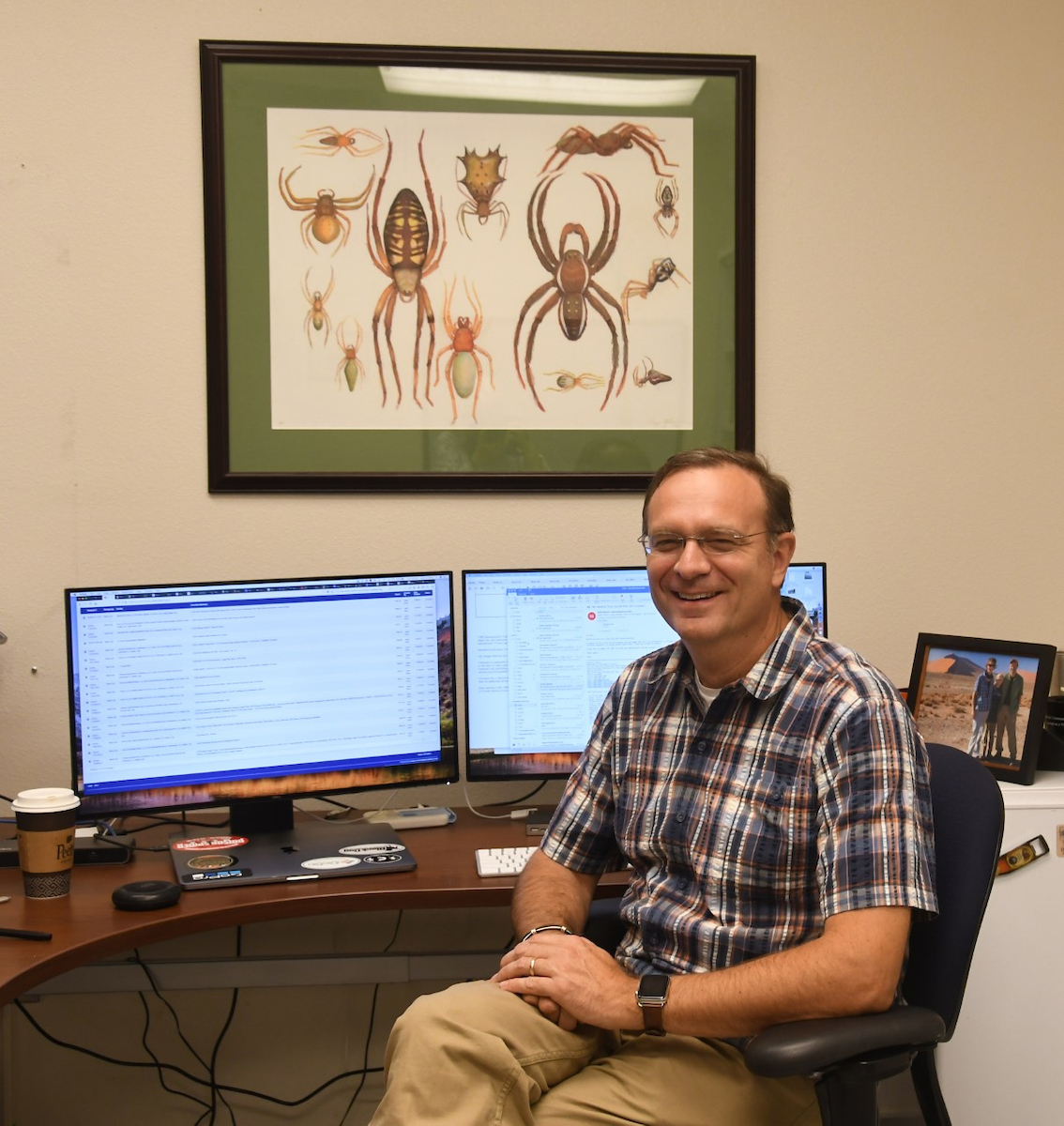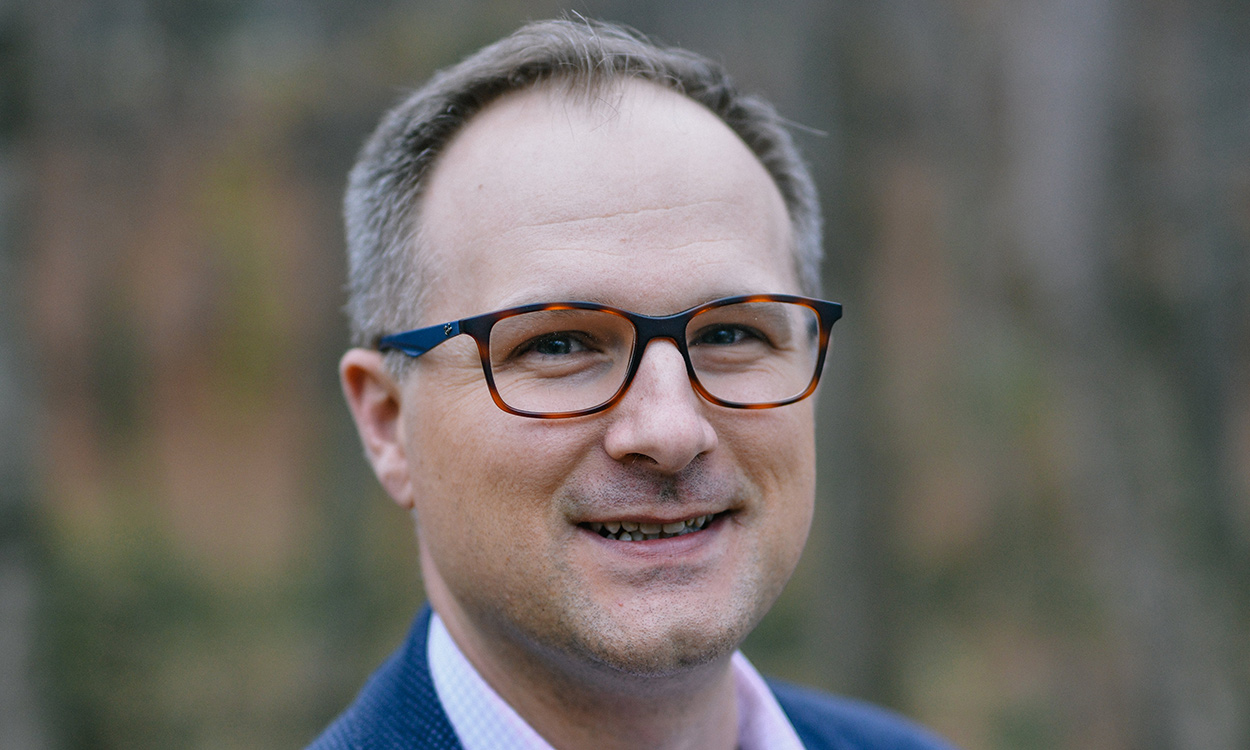The Mountains Had Her at Hello
“The mountains are calling and I must go, and I will work on while I can, studying incessantly.” John Muir, conservationist and wilderness advocate, 1873.
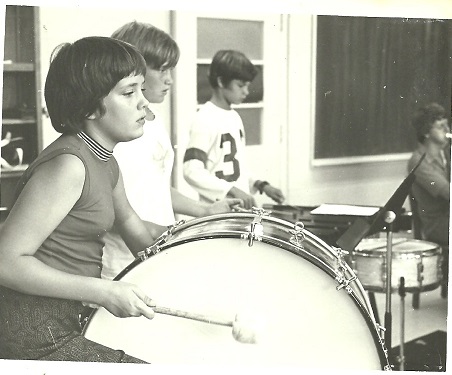
Dawn Neatherly was a precocious 11-year-old from Morganton when she first set foot on Western Carolina University’s campus in 1974 to attend the Cullowhee Experience, a four-week enrichment camp for academically and intellectually gifted students.
Neatherly liked it so much she came back four more summers, returned for her bachelor’s degree in philosophy in 1984, and again for her master’s degree in agency counseling in 1989. By the time she graduated in 1984, she and Chancellor Harold F. “Cotton” Robinson were on a first-name basis. He, too, had arrived at WCU in 1974 and was ending his tenure as chancellor in 1984, just as she was graduating.
Now, some 35 years later, after a career in school counseling, Neatherly is back in Cullowhee as the new executive director of Circles of Jackson County with a mission to pay back to a community as much — if not more — as she received.
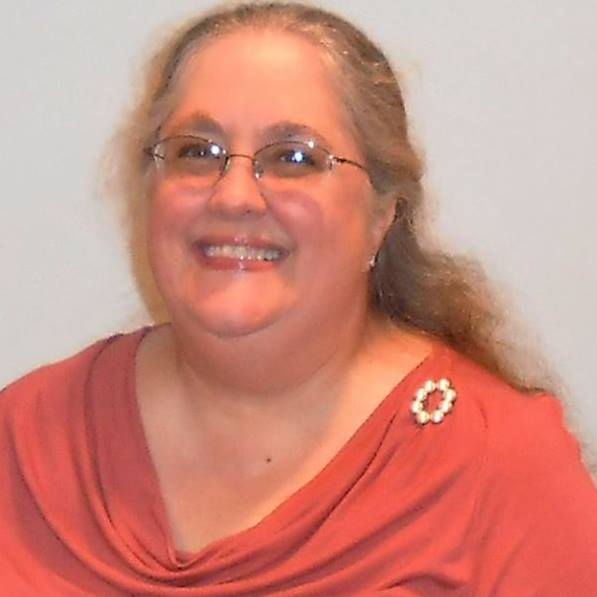
“I’m just all about Western. It saved my life psychologically, if not literally, and gave me everything that I am professionally,” Neatherly said. “To be able to be back here and to hopefully give back to students in that same sort of way, it just means everything to me.”
Neatherly said being an exceptionally bright girl who loved to learn was not a great fit in 1970s rural North Carolina. She was taunted by other children for being smart and she lacked a peer group who respected her talents. It wasn’t until she attended the gifted camp at WCU that she realized she wasn’t alone in the world.
“Gifted kids are such outcasts within their own society, quite often,” Neatherly said. “The neat thing about the gifted camp at Western was we were all equalized again. We were all smart; we were all capable.”
Neatherly said the camp, founded by Carl D. Killian, former dean of the College of Education and Allied Professions, was remarkable for its time, bringing gifted students from all over the country to campus, where they lived together in dorms, engaged in recreational activities and arts and crafts, and took in all the regional sights, such as the Biltmore Estate, among others.
“Every year had a theme,” Neatherly said. “The first year I was there, the summer after my sixth-grade year, the theme was mountain heritage. We went all over the place. We saw ‘Horn in the West’ and ’Unto These Hills.’ We went to Oconaluftee. We were just everywhere, and it was absolutely wonderful.”
Neatherly eventually reached the point where she saw Cullowhee as her home and Morganton as a place she stayed during the school year. “The camp gave us a place to be our own version of normal,” she said. “I didn’t go through all that depression that a lot of gifted kids go through and all the frustration of trying to deal with a world that doesn’t understand you, because I knew that no matter what happened during the school year, I would get to spend a month in Cullowhee. I would get to have that renewal that would get me through the year.”
When she completed her last summer of camp in 1978, Chancellor Robinson was there to present her “diploma,” as he had the previous five summers, and as he would six years later when she completed her undergraduate degree.
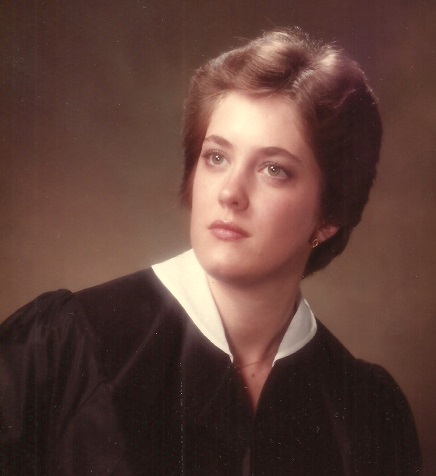
Neatherly’s transition to college at WCU was seamless; she lived in Scott Residence Hall all four years. She served on various boards and organizations (among them chief justice of the Student Government Association appellate court) and was appointed by Robinson to the Chancellor’s Advisory Board as the student representative. By then, he recognized her at student functions, joking with her and acknowledging her by name, an action that drew awe from her fellow classmates. “I just had a wonderful undergraduate experience. It was just phenomenal,” she said. “I graduated with a degree in philosophy and a minor in political science, which isn’t terribly useful, but it was an academic degree, it was about learning, and I enjoyed the heck out of it.”
Neatherly attended law school for about a year and a half but quit because it didn’t satisfy a yearning she had to help others. A phone call to Barbara Mann, Neatherly’s former mentor at WCU and the university’s dean of students at the time, set her on the path to a graduate degree in agency counseling and a job in mental health services. Another quick round of school at the University of North Carolina at Charlotte certified her as a public school counselor, where she worked in both traditional public schools and at a facility for incarcerated youth in Morganton for 25 years.
Although she has retired twice, Neatherly knew she wanted to continuing working, but on her terms: back in Cullowhee on her beloved campus. On July 1, 2019, 35 years after she last graduated from WCU, Neatherly and her husband moved to Jackson County so she could work for Circles of Jackson County, a nonprofit agency that provides short- and long-term support to help people living in poverty move into financial sustainability through education, employment readiness assistance and community support systems.
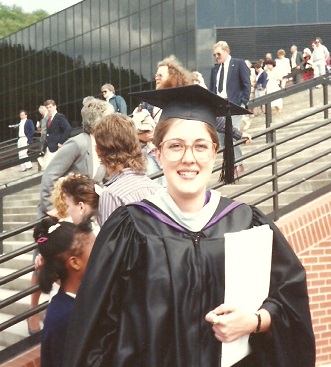
“I learned this with at-risk kids, but also with people who live in poverty, that after a while, you just start to believe that everybody’s out to get you, and that nobody cares, and that you don’t have any power,” Neatherly said. “The programs that I have worked with are about teaching people they do have power and they can make changes and you don’t have to keep doing what you’ve always done.”
After her first year as the agency’s executive director, Neatherly recommended a few changes to its agenda, among them taking its program to WCU. “One thing I brought to the board was a realization that someone can be a full-time college student, living on campus, doing everything all college students do and actually be homeless, or impoverished or from a background where they didn’t have any sort of support,” Neatherly said. “A college student may have a Pell grant that pays for everything, but they still don’t have a home to go to.
“I suggested we adapt our program to a young adult curriculum and reach out to the university where we can take everything we know about helping people, and instead of waiting until they’re in their 30s when they’re trying to build back up from failures, let’s teach it to them between the ages of 17 and 25, so they don’t make those mistakes.”
This fall, Neatherly’s plan will come to fruition when Circles of Jackson County introduces its pilot project to WCU’s provisional freshmen through the university’s Mentoring and Persistence to Success program, which provides comprehensive programs and holistic services to first-generation and independent students. “After that, our hope is we’ll be a presence all over campus and it will be open to any student,” Neatherly said.
She also found new office space for Circles of Jackson County at Cullowhee United Methodist Church, where, from her second-floor office, she has a birds-eye view of campus and her beloved mountains, a perch (and a perk) that brings her great happiness and comfort.
“Most of my career was with young people, and young people rarely come back and thank you. That’s just not their thing, so you don’t get a lot of immediate feedback,” she said. “But knowing that I brought something back to where I started, that’s going to mean a lot to me.”
